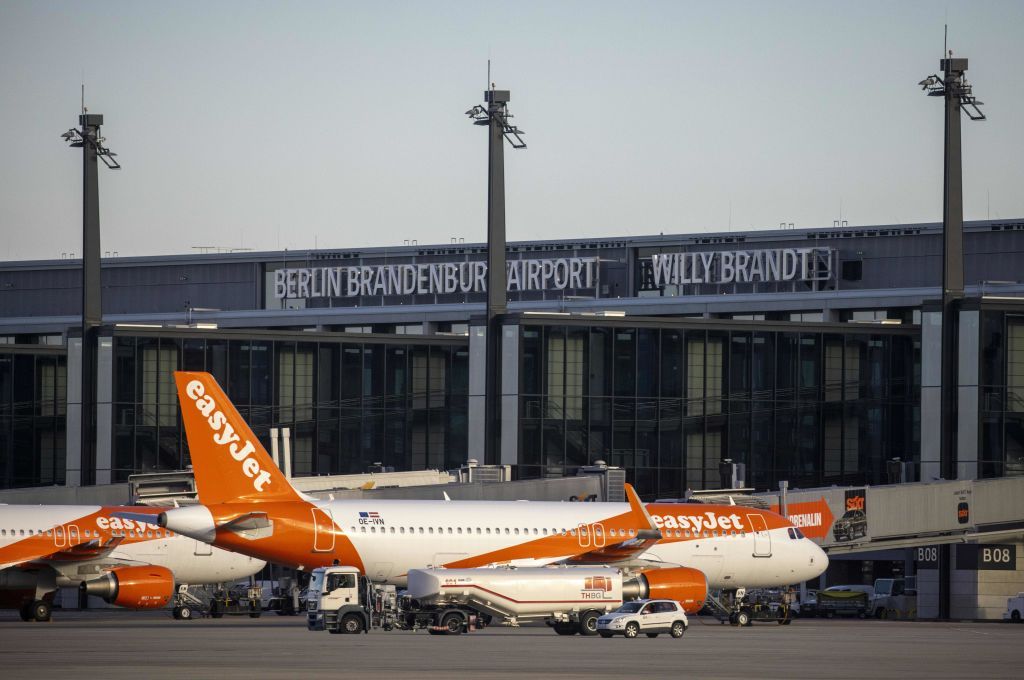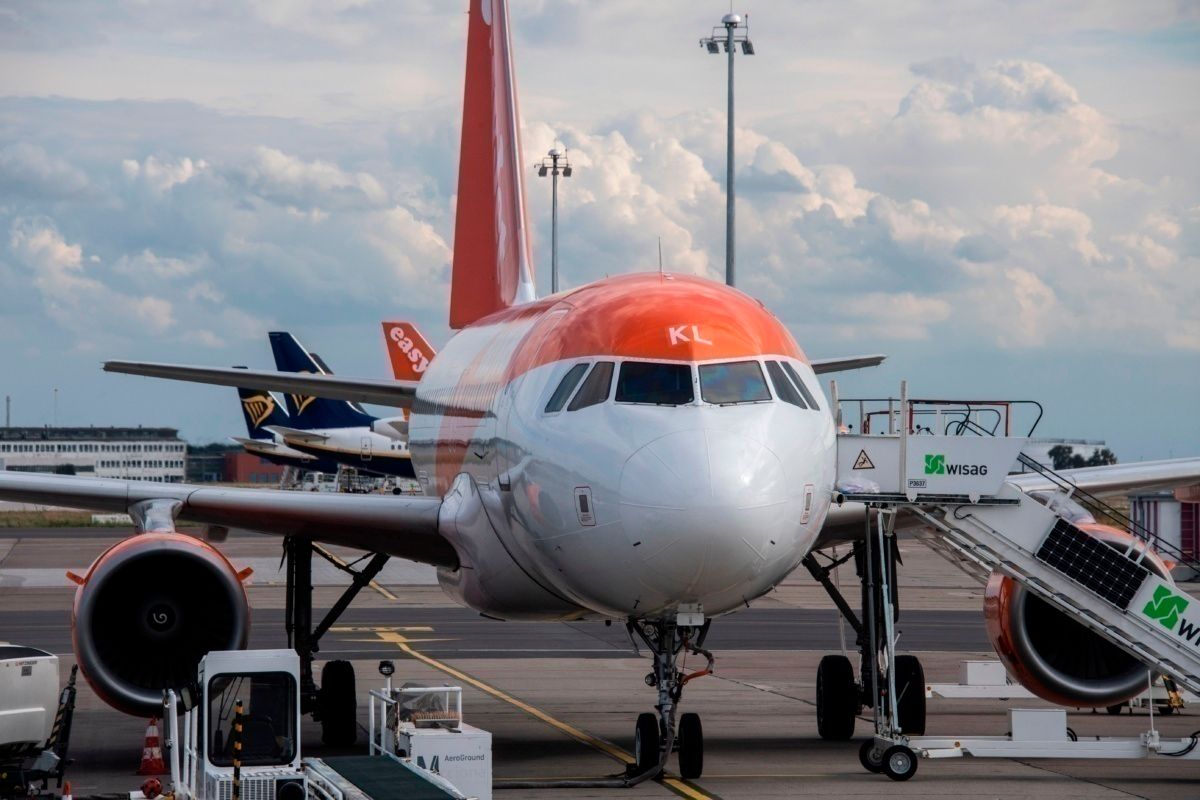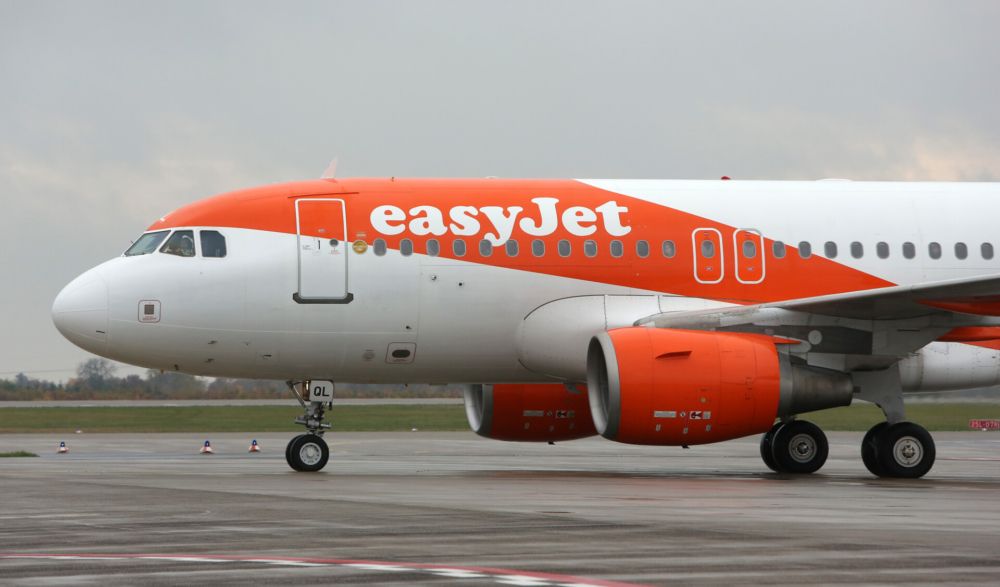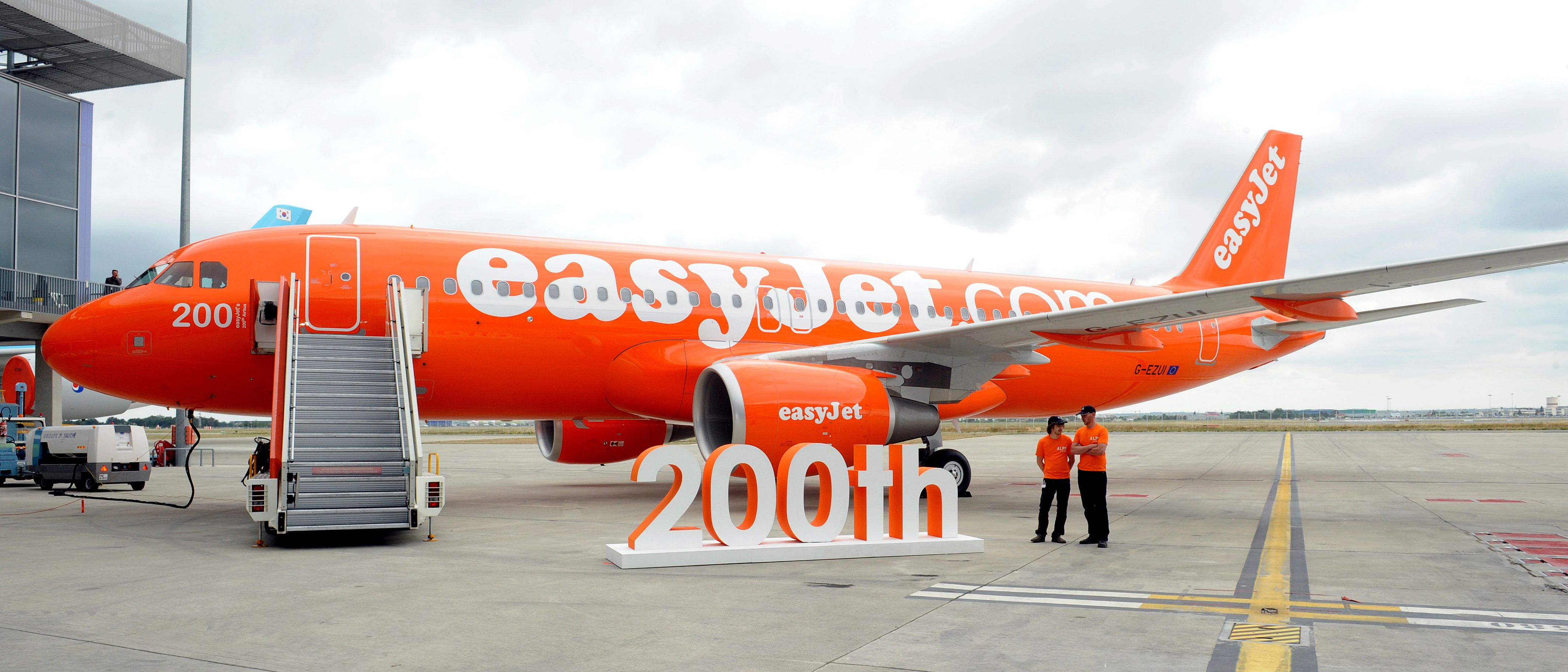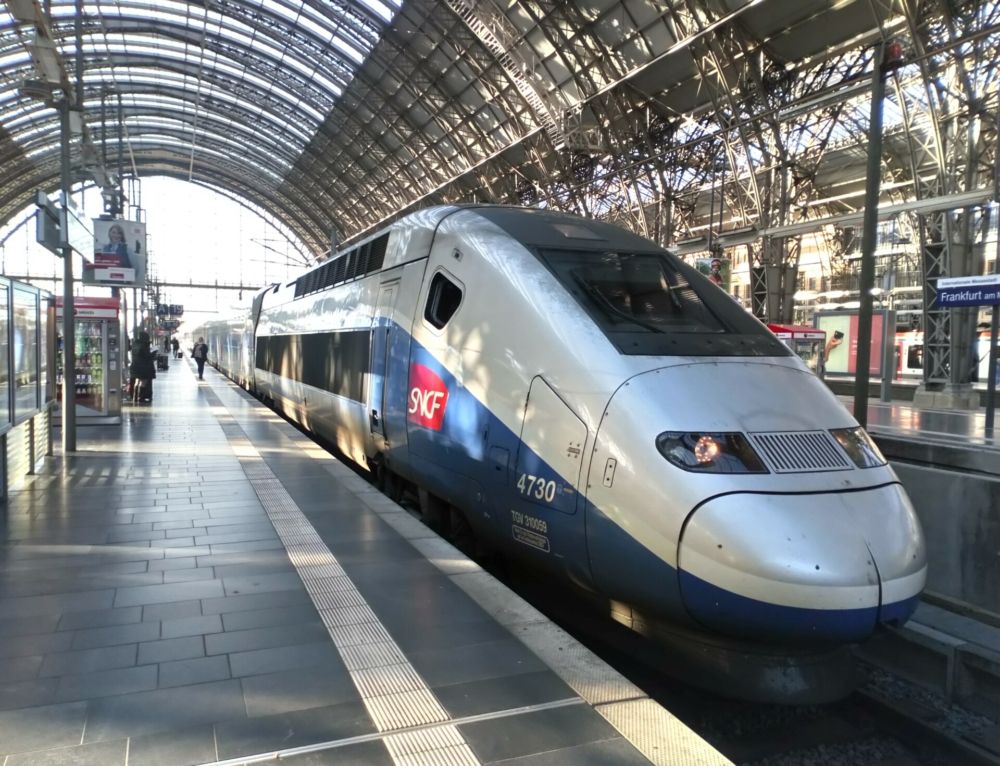In certain markets, airlines compete directly with train operating companies. This is a common phenomenon in Europe, where countries like France and Germany have extensive high-speed rail networks. However, in some instances, airlines choose not to compete for various reasons. easyJet is one such carrier, and Simple Flying learned why last year during our Future Flying Forum.
Three hours as a general rule
Over the years, easyJet has cultivated a diverse European network. It serves a wide variety of point-to-point routes, connecting cities in different countries across the continent at low prices. However, in certain nations, it also has something of a domestic footprint. Indeed, the carrier is one of the key players in the UK market.
For example, it serves several routes that link England and Scotland, with Northern Ireland, the Isle of Man, and the Channel Islands also among its destinations. However, when establishing new short routes, there does become a point at which easyJet has to assess the suitability of flying. Speaking exclusively to Simple Flying at our Future Flying Forum, easyJet CCO Sophie Dekkers explained:
"When we're assessing new routes, we do look at what the alternative modes of transport are. How long would it take by train? How long would it take by road? And typically, as a rule of thumb, we don't operate any routes that would have a train equivalent of three hours or less."
Manchester no, Scotland yes
One such route that easyJet has left alone is London-Manchester. Although easyJet does have a base in Manchester, and UK flag carrier British Airways does offer direct flights on this corridor, the city center to city center convenience of a two-hour train journey is hard to beat. With this in mind, Dekkers adds that:
"People often say to us, why don't you operate Manchester to London? The reason is [that] the train is less than three hours. (...) Anything where the train is shorter than three hours, people just aren't going to go through the hassle."
Stay informed: Sign up for our daily and weekly aviation news digests.
As alluded to earlier, one UK domestic market where easyJet does thrive is on flights up to Scotland. Traveling from London to major Scottish cities including the likes of Edinburgh and Glasgow by train takes more than four hours. As such, easyJet sees these as key corridors for people making day trips. Dekkers states that:
"Where we do see demand is on domestics like London-Scotland, for example, where you can't do a day return. And particularly for business travelers, they want that ability to be able to do day return travel, they don't want to spend 10 hours on a return journey to Scotland and back."
The airline industry is always full of new developments! What aviation news will you check out next?
A similar policy for French flights in general
EasyJet is not the only group with such a policy in place. Indeed, last year, the French government also drew up legislation banning domestic flights on corridors where the train can make the journey in less than two-and-a-half hours.
Sustainability was a key driver behind this new rule, which was a condition of the bailout package for Air France. It is important to note here that this only applies to point-to-point journeys. As such, these flights can still be used as connections.
easyJet also works with rail operators in some instances
Just because easyJet faces direct competition from rail companies on certain routes, this doesn't mean that they cannot exist in harmony. On the contrary, the airline has actively cultivated a partnership with Deutsche Bahn, which operates the majority of German passenger trains. This was also a topic of discussion at our Future Flying Forum, resulting in a detailed article published in December.
What do you make of easyJet's policy regarding short flights? Where do you think airlines should draw the line? Let us know your thoughts in the comments.

